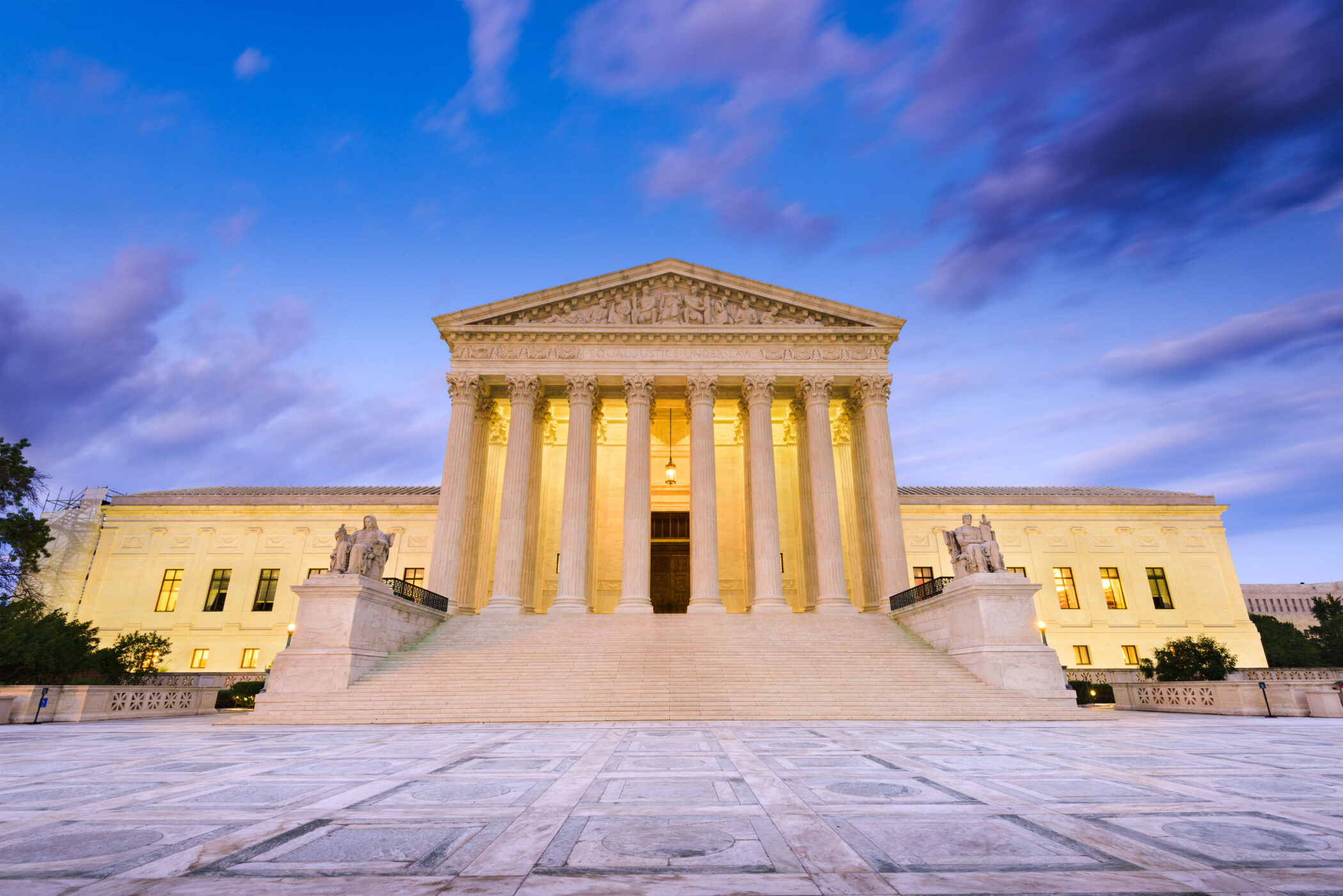The school finance wars aren’t over, despite a legislative plan to add more than $500 million in new funding over the next five years.
In its latest ruling, the Kansas Supreme Court gave lawmakers until April 30 to draft a new school financing formula, and Gov. Jeff Colyer issued a statement saying the legislature’s plan is a response that ends the school finance litigation.
“I am pleased that we were able to compromise and pass a bill that ensures our schools will remain open and are funded adequately and equitably,” Colyer said in a statement.
An attorney for the schools suing the state, however, begs to differ. According to the Associated Press, Alan Rupe, the lead attorney for the schools, said the plan to add $534 million in new funds is too little and not fast enough.
The Kansas Supreme Court will have the final say, former Speaker of the Kansas House Mike O’Neal says.
“You’ve basically got a legislature right now that is willing to cede to seven unelected people 51 percent of your entire state budget. The legislature has pretty much been emasculated,” O’Neal says.

No one knows how Justices will rule when the issue comes before the Court again in May.
“The last person that had that inside information got the chief justice in trouble and got himself in trouble,” O’Neal said.
In 2006, the Commission on Judicial Qualifications disciplined Kansas Supreme Court Justice Lawton Nuss for discussing ways to appease the Court with lawmakers. At the time, lawmakers were attempting to craft a school financing formula after the Court ruled funding unconstitutional. Nuss met with then Kansas Senate President Steve Morris and Sen. Pete Brungardt over lunch where the trio discussed spending recommendations in a House bill crafted in response to the Court. For his role, the Commission on Judicial Qualifications determined Nuss violated the judicial code of conduct by engaging in an independent investigation of a pending case. It’s unlikely any of the current Kansas Supreme Court Justices have discussed the case with Colyer this time around.
“I’m pretty sure no one knows how the Court will rule,” O’Neal said. “Colyer does not have that information.”
He isn’t optimistic that the Court will sign off on the legislature’s efforts. Last year, lawmakers increased school funding by more than $300 million, and legislators thought it would be enough to satisfy the Court.
It didn’t, despite a 2016 legislature that spent a lot of time dissecting the Court’s opinion and attempting to address its concerns.
“Those people thought then they would satisfy the Court were wrong. There’s no reason to suspect those same people will be right this time,” O’Neal said.
An efficiency study the legislature commissioned this year found that lawmakers needed to add up to $2.1 billion in new spending to meet a 95 percent graduation, and Rupe opined schools needed at least $600 million more. Lawmakers’ current plan phases in $534 million over five years.
Justices didn’t seem interested in a multi-year funding plan. Justice Dan Biles, for instance, dissented from a portion of the most recent ruling that gave lawmakers until June 2018 to find a remedy to inadequate and inequitable funding.
“In the meantime, it is unacceptable to tolerate even temporarily the inequities this court has today determined violate the Kansas Constitution,” Biles wrote in his dissent.


